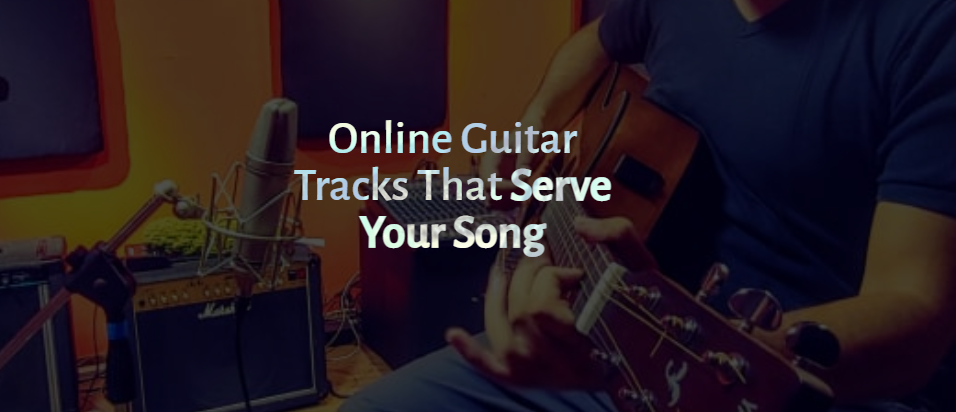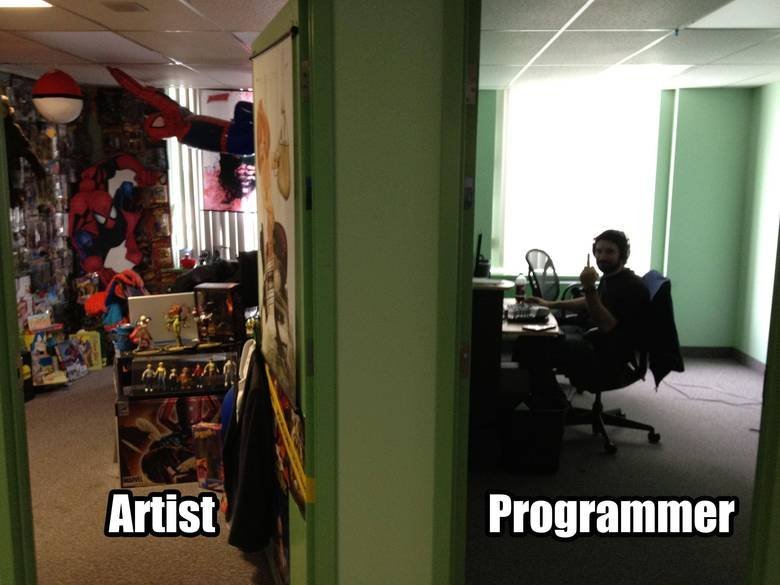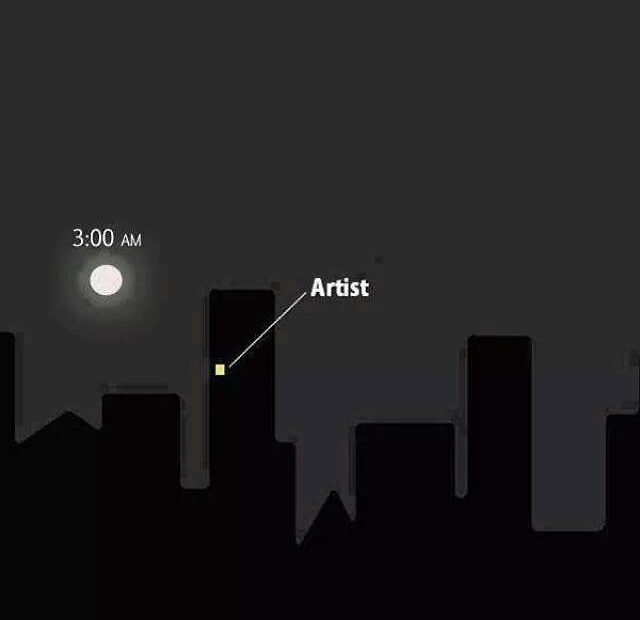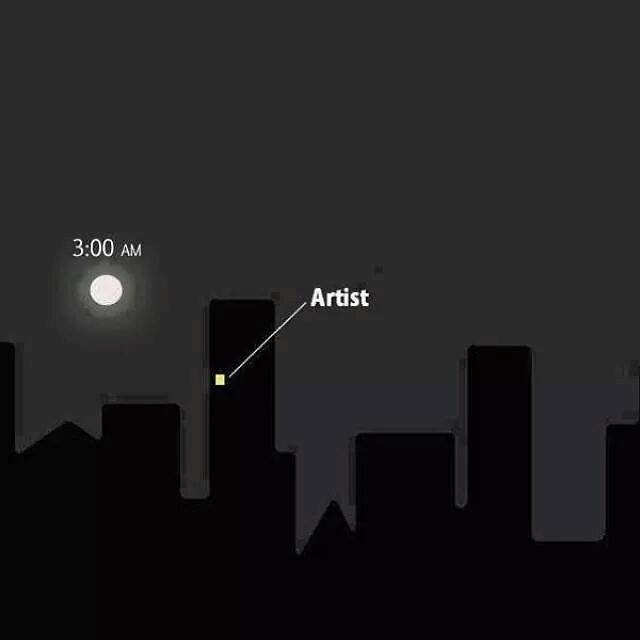Time is money, and money is time – if you are a musician with a day job struggling to balance work and a music career, this article will help you balance both!
First and foremost, I want to state that Yes, you can have a career in music and have a full-time job. You achieve work and music balance by combining a strategic approach and a proper daily routine.
- Is it hard to balance a day job with a music career?
Yes, it’s hard, but it’s only a matter of adapting to the routine for the first weeks – from there, you won’t be able not to do it!
- What result can I expect?
You will have the time to write music, finish up all your demos, and practice to improve. Depending on your occupation and the “type” of musician you are, you can also play shows and tours.
An important question first – what type of musician are you?
– Working musician with a day job
If you are a musician with a day job that also works in the music industry, then your goal is to serve the song by either being a session player, engineer, studio owner, producer, etc.
For this type, you have to make a combination of both business and music goals. It can be that you run a recording studio after your full-time job or offer recording session services/hired gun for live shows on weekends.
RELATED” Pros and Cons of Hiring an Online Session Guitarist
Whatever you offer, if it’s something you sell, then your time and effort should be focused on subjects beyond development as a musicians and views/stream, etc.
Building up your skills/brand and business are what you are looking for.
– Independent artist with a day job
Singer-songwriters, band members who continuously releases songs and albums and wants to have their music heard and name known.
If you are this type, you have to have business goals, but you are looking for awareness and not revenue as a session musician would. Of course part of the process is making money, and some might even have this as the ultimate goal of all the struggles.
However, assuming that you have not yet made it to the charts, your time and effort are headed towards developing as a musician, producing better quality music, and marketing it better to reach a wider/better audience.
Growing the quality and impact of your music is what you a looking for!
– Garage band jammer/producer with a day job
You might have once had the desire to build a career in music, but that’s not a thing for you now. Your day job/business is paying up well and taking up much time, so you parted ways with wanting to earn from music or brand yourself as a musician.
If you are this type of musician, then in no way what you are doing is less important than any of the above I mentioned! Music is all about enjoying and sharing, and if you feel you are doing these better this way, then you are doing it right!
Improving as a musician and having more fun is what you are looking for!
My daily routine as a working musician with a day job
Not many know, but I work from 9-6 as a creative director in a digital agency while doing my remote sessions and playing shows with my band.
My day starts late morning and directly to work after a 15 min bike ride. After doing all I must do on my job, I dedicate the remaining hours of my 9-6 to writing music articles, learning more about the music industry, sending offers to clients, and managing my current clients and online profiles.
With my type of job, I have the space to do this almost daily. If you can do this in your job, I would suggest you start doing the “administrative” part of music during breaks or time off at work.
Music life starts after 7 pm and lasts 3 -4 hours with pauses, practice, session work, and playing only for fun on some days. I divide my time by doing some basic practice 15-20 min, doing my session work which can be 1:30 to 3 hours.
When I don’t have a session I work on learning new songs and writing up music for my band. A couple of times a week I have rehearsal or work on arranging songs with my singer and also 1 or 2 Instagram videos per week.
RELATED: CHECK OUT MY STORY ON HOW I BECAME A ONLINE SESSION GUITARIST
When there is a specific project which takes up much time I might dedicate my whole week to it and just do some basic exercises and play for fun to keep the chops up in the meanwhile.
On weekends I mostly do my social media videos and leave the more “busy” session that requires some more effort. Also, there are days when I don’t play music at all, but I try hard never to let that happen.
With this schedule over the last 3 years, I managed to grow a steady income online as a remote session guitarist, become a better player and producer, learned a lot about t tone and mixing, and also managed to grow my online presence for myself and my band + some original music and an upcoming album.
If I can while living in Albania, then why can’t you? You probably are living where you get paid 3x as much as I do for the same working hours and have the luxury of hiring people to do some work for you and afford the better gear. So why not?

How to make time for music while having a day job
“When you don’t have time, you have to make time!”
This sounds like a quote from a Tony Robins book, but it’s more practical than philosophical. Your habits bind you, and your habits are what dictate how you use your time.
What we all, as musicians with a full-time jobs are struggling with are
- Making up time for practice
- Making up time for writing
- Making up time for mixing/producing
- Making up time for shows/tours
- Making up time for Networking
All of the above are part of the life of the three different types of musicians I mentioned above but some points are more valuable to a kind than the other.
For example, if you are a singer-songwriter, you must emphasize making up time for writing and making up time for mixing/producing + shows/tours. For a working musician, time for practice and for networking is essential etc.
RELATED: How To Record a Song Remotely – 3 Ways To Finish Demos
– Don’t noodle
This is so important, especially for guitar players. The tendency we have just to grab a guitar and play the same usual blues licks or for a vocalist to always mumble the same melodies and sing it “safe.” By noodling, we don’t only waste precious time, but we also never learn and don’t actually make music.
What I suggest would always grab a guitar or any instrument and always try to play music. Think about a melody in your head or a musical phrase you want to express and work on that. Turn that into a nice piece, or perhaps in a song.
Avoiding noodling turns even the most boring practice session into a fun ride! And if it’s fun, it’s not work, is it?
– Set goals
Music and goals are a bit counterintuitive at first. Being a musician with a day, you know that 9-5 is full of goals set to you by other people, so why should music be goal-oriented, fun is not goal-oriented, right?
You may first think that, but it’s actually not true. That’s because in music, you are your own boss, and you set goals based on what you want to achieve and what will make you happy.
If you hear a great solo and want to learn that, set it as a goal for the next 3 days. You know approx. your skills on the instrument, and you can tell how much time is needed to learn a song.
If you update your YouTube channel regularly, then place a goal of uploading a video each week and divide the time each to achieve that goal.
Goals can be year-long, months-long, and even daily. If it’s the time to release an album, give yourself 3 months of work on it and have another project stand by for the moment.
You would be surprised to know that even creativity is sometimes a goal. Some people need to create a certain emotional state to write music, and that state is intentional.
– Delegate to other musicians
Aim to do what you do best, and leave the rest to others.
Being a musician with a day job means you usually have an average income higher than a medium musician. If that is true, then you can buy time with money!
Get comfortable with having someone else doing video editing for you, have a mixing engineer mix your tracks, and have session musicians play your songs, etc. You don’t have to learn how to do all. Learn the process and learn how to tell good from bad, but don’t learn all by yourself.
RELATED: 6 reasons to hire remote session musicians?
Musicians, especially songwriters, tend to have a real issue with losing control over their work. That is an obstacle you have to overcome and compromise if you don’t have the skills or time to learn the skills on your hand. Most musicians don’t have the money, so spend yours on other musicians that work on your song.
Related- Learn how to produce a song online and save a lot
– Always Finish your projects
This is a real issue of all the musician community. In a logical sense, if you don’t finish your song, then you don’t have a song; you just go in circles and generally waste precious time.
Make a to-do list for finishing the project and insist until you’re finished with the song. Remember that you can always delegate the parts that take up much time to you.
If you have a recording session to finish do only that first after your usual 15 min warm-up. After you finish that you can go on doing other things.
You also would be surprised how the motivation of a small achievement like finishing a song/session can do to your music life.
RELATED: The future of recording studios is online
– Remove what doesn’t connect you to music
Assuming you are a musician with a day job you can’t quit, what else can be removed from your routine? It can be a sacrifice for many, but it’s important to prioritize your music life if you want to achieve your goals.
- What I do is remove going out as much I can without getting bored to death and save the energy and time to play music, or on the best occasions connect my going out to places where they play music and where I can network with others musicians.
- Replace long morning coffees with a morning instrument exercise (ofc while having the coffee!)
- Replace time in social media with time making music for social or time working on your music/craft
- Replace TV series with time playing music for the fun of it
“Your shows are your nights out and your tours are your holidays!”
– Be a morning person or a late-night person, Not both!
Take time to rest and sleep; otherwise, you won’t be productive in anything you do, especially if you are a musician with a day job that has to deal with both.
I suggest finding out what works best for you, working on music from 7 pm to 11 pm or from 5 am to 9 am.
Most will take the night option, but some people love to wake up early and sleep as early as 9 pm
– Practice what you don’t know, not what you know
A great tip for Rick Beato. Using practice time to practice things you know means wasting that time.
If you have only 30 min to practice, then make those count. Find new skills and songs and work on those, which will make your time worth it.
– Go to rehearsal prepared and ask the band to do the same
You really want to avoid extra rehearsal time when you can max manage 2-3 days a week of band practice. Being a musician with a day job, you know that you have only some hours in the afternoon to rehearse.
I believe the best approach is to continuously chat with the band about the song and the difficulties they/you have. Try to be as clear as possible when you meet up at practice and be specific on what needs to be done first.
– Keep the adventure alive and relate all you can to music.
When we grow, what dies in most of us is the spirit of discovery and adventure. Musicians have to be adventurous, or else there won’t be much to tell in a song, won’t it?
Connect your experiences to music, write about places you visit, and people you love, and take your guitar with you whenever possible.
– Write down your progress
Nothing is more motivating than realizing you are better than your past self.
Musicians tend to compare, which hurts their passion for the craft more than anything. Each of us is unique and has different music inside of him/her. Only compare with yourself and don’t judge yourself in a day, or week, or even month – progress takes time and effort.

Final words on being a musician with a day job
With all this said, I believe that what is essential is to avoid burnout. Musicians tend to be more emotional than your average day job coworker, which means we are more prone to emotional burnouts.
If you find that after a while, you find yourself overwhelmed by the “chore” of making music every day, then go back to your beginnings. Think of why you started playing music and skipped all of your routines. Do it only for pleasure until you find your fire again.
If my article helped you, check out my full story on how I became a session player and my Instagram for daily jams.

